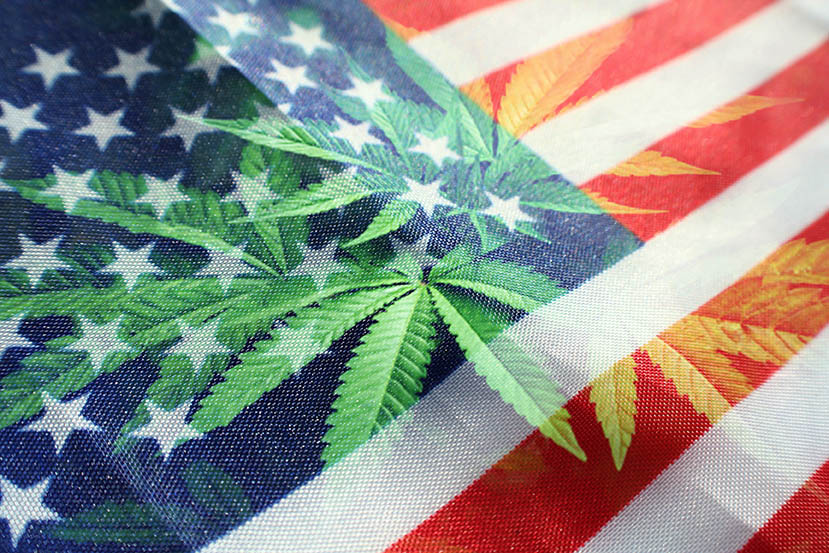
The coronavirus pandemic is wreaking havoc throughout the world. In that context, authorities and governments are striving relentlessly to determine what services and shops can remain open.
So far, it is clear that the pandemic is defining for the world what is ‘essential’ and what products people cannot do without although they might not need them in any way for survival. As they try to slow the rapid spread of the virus, many authorities are trying to determine what shops and services can remain open.
Currently, stay-at-home orders and guidance are affecting at least a fifth of the world’s population. This has left many wondering what is essential and what is not. Whether in Africa, Asia, the United States, or Europe, there is a major agreement: Law enforcement, health care workers, food production, utility workers, and communications are exempt from lockdowns.
However, some lists of activities exempted from the lockdowns reflect the national identity and the efforts of lobbyists. In some states in the US, guns, golf, and marijuana is essential. However, many wonder how guns are necessary in the wake of this pandemic.
Essentials
In many regions, alcohol has also made it to the list of essentials. Britain at first considered alcohol as nonessential, but when supplies ran out in supermarkets, the government quickly added wine, beer, and spirits to the list of essentials. An associate professor of history at Oregon State University, Christopher McKnight Nichols, said:
“Recent events clearly demonstrate that the process of designating ‘essential services’ is as much about culture as any legal-political reality about what is necessary to keep society functioning.”
Countries like the US and India are listing the information technology sector as essential. The world’s high dependency on the internet has become evident as many people confined to their homes communicate, watch movies, and play games online to get rid of cabin fever.
Most of the states, like Washington and California, where marijuana is legal, cannabis shops, and workers in the supply chain, are deemed as essential. The emphasis in most cases has been on the drug’s medicinal use, not for recreational purposes. The executive director of the National Organization for the Reform of Marijuana Laws, Erik Altieri, wrote in an email:
“Cannabis is a safe and effective treatment that millions of Americans rely on to maintain productive daily lives while suffering from diseases and ailments. It is the very definition of essential that these individuals can still access their medicine at this time.”
Guns
Connecticut Gov. Ned Lamont ensured that gun shops made it to the list of essential businesses in his state. That decision generated shock and dismay among the families of gun violence victims.
Newtown Action Alliance urged Lamont to reconsider after there was a surge in gun and ammunition purchases recently. The group predicted an:
“increased number of deaths due to unintentional shootings, homicides, and suicides.”
Pennsylvania Gov. Tom Wolfon March 24 silently allowed gun shops to reopen but just by appointment during limited hours if clients and employees comply with social distancing and other protective measures.
There is a lot of variation throughout the United States since there is no national stay-at-home order in place. An associate professor of planning, public policy, and management at the University of Oregon, Benjamin Clark, said:
“We end up with places making up the rules that are culturally or geographically specific. This is why we see so much variation and potential risk.”
In Europe, Italy has the most stringent rules in place, being the current epicenter of the pandemic. Only pharmacies and food shops remain open. The manufacturing industry was shut down on March 26. However, the factories that make essential products, including medical supplies, are still operating after making working conditions safer for the employees.
Britain has also issued orders to close all nonessential operations. Eateries and restaurants must remain shut, although Britons can still get various meals, including fish and chips, as long as they are carry-out.
Shops offering pastry, wine, and cheese are all essential businesses in France while in Israel, worshippers can still gather for outdoor prayers as long as they stand 2 meters apart in groups of not more than ten people.
Golf
Despite the many efforts, golf was not considered as essential in Connecticut. However, Governor Doug Ducey included golf courses on his list. Officials and authorities in Phoenix encouraged the city’s 1.7 million residents to go outside and get some practice and exercise while maintaining social distancing in the golf courses, trails, and parks.
Mayors in five other Arizona cities opposed Governor Ducey, saying that including golf courses and payday lenders was taking the description of essential too far.
Construction
The construction executives and others lobbied state officials in California to exempt construction from the stay-at-home mandate, according to reports by the Sacramento Bee. State health officials responded by including all the construction services as essential.
If construction in California stalls like it happened during the Great Recession, it would be challenging to restart, according to Erika Bjork. She added:
“We need to keep this engine humming, so when we come out of this, we have housing.”
Similar to Britain, some states in the US, like New Mexico, which ranks high in alcohol-related deaths per capita, has also allowed liquor stores to remain open.
State health officials say that shutting the stores down may result in people with alcoholism problems seeking emergency medical help, in turn, taking resources away from the fight against coronavirus.
For now, it appears like marijuana is gradually becoming an essential product in many states around the US.


